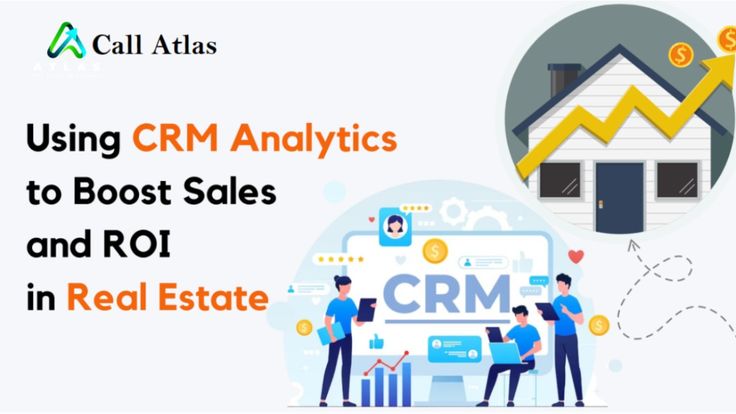
Choosing the Right CRM for Your Business: Key Features to Look For
Customer Relationship Management (CRM) systems are essential tools for businesses aiming to manage their customer interactions, streamline operations, and enhance overall efficiency. However, with a plethora of CRM solutions available on the market, selecting the right one for your business can be daunting. This article will guide you through the key features to look for when choosing a CRM system to ensure it meets your business needs and supports your growth objectives.
1. User-Friendly Interface
A CRM system should be intuitive and easy to navigate, ensuring that your team can quickly adopt and use the software without extensive training. Look for a CRM with a user-friendly interface that simplifies daily tasks and allows users to access the information they need with minimal effort. An intuitive design helps increase user adoption and productivity across your organization.
2. Customization Options
Every business has unique processes and requirements. A good CRM system should offer customization options that allow you to tailor the platform to fit your specific needs. This includes the ability to customize fields, workflows, and dashboards, as well as creating custom reports and automated tasks. Customization ensures that the CRM system aligns with your business operations and can scale as your needs evolve.
3. Integration Capabilities
Your CRM should seamlessly integrate with other tools and software that your business uses, such as email platforms, marketing automation tools, accounting software, and e-commerce systems. Strong integration capabilities ensure a smooth flow of information across different systems, reducing the need for manual data entry and improving overall efficiency. Look for CRM solutions with robust APIs and a wide range of pre-built integrations.
4. Automation Features
Automation is a key feature that can significantly enhance productivity and efficiency. Look for a CRM that offers automation capabilities for tasks such as lead scoring, follow-up reminders, email marketing campaigns, and workflow management. Automation helps reduce manual workload, ensuring that your team can focus on high-value activities that drive business growth.
5. Contact and Lead Management
Effective contact and lead management is at the core of any CRM system. Ensure that the CRM you choose allows you to store and manage detailed information about your contacts, leads, and customers. Features such as lead scoring, segmentation, and tracking of interactions and communications are crucial for managing your sales pipeline and nurturing relationships with prospects and customers.
6. Reporting and Analytics
A CRM system should provide robust reporting and analytics capabilities to help you track performance, measure success, and make data-driven decisions. Look for a CRM that offers customizable reports and dashboards, allowing you to monitor key metrics such as sales performance, customer engagement, and campaign effectiveness. Advanced analytics features, such as predictive analytics and trend analysis, can also provide valuable insights to drive strategic planning.
7. Mobile Accessibility
In today’s mobile-driven world, having access to your CRM on the go is essential. Ensure that the CRM system you choose offers a mobile app or a mobile-optimized interface that allows your team to access customer data, manage tasks, and stay connected while on the move. Mobile accessibility ensures that your team can remain productive and responsive, regardless of their location.
8. Security and Compliance
Data security is paramount when it comes to managing customer information. Choose a CRM system that offers robust security features, such as data encryption, user access controls, and regular security audits. Additionally, ensure that the CRM complies with relevant data protection regulations, such as GDPR, to safeguard your business and customer data.
9. Scalability
As your business grows, your CRM needs will evolve. Select a CRM system that can scale with your business, offering flexible pricing plans and the ability to add or remove features as needed. Scalability ensures that your CRM solution remains effective and relevant as your business expands and your requirements change.
10. Customer Support and Training
Reliable customer support and training resources are crucial for the successful implementation and ongoing use of your CRM system. Choose a CRM provider that offers comprehensive support options, including phone, email, and live chat support, as well as access to training materials, webinars, and a knowledge base. Good customer support ensures that you can resolve issues quickly and get the most out of your CRM investment.
Conclusion
Choosing the right CRM for your business involves careful consideration of various factors and features. By focusing on user-friendly design, customization options, integration capabilities, automation features, contact and lead management, reporting and analytics, mobile accessibility, security and compliance, scalability, and customer support, you can select a CRM system that aligns with your business needs and supports your growth objectives. Investing in the right CRM solution can significantly enhance your ability to manage customer relationships, streamline operations, and drive long-term success.